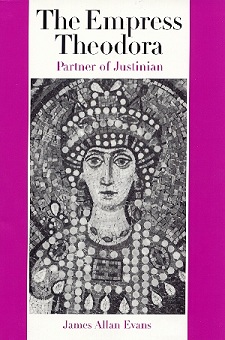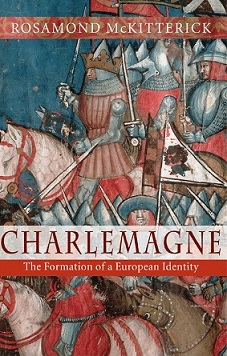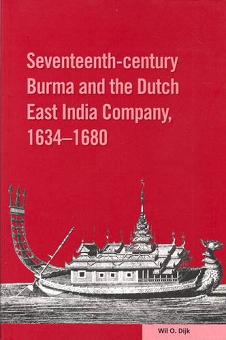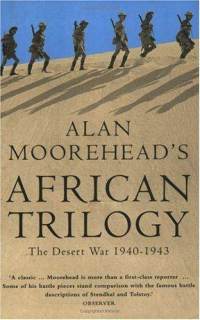
The Empress Theodora
James Allan Evans
146 pages including index
published in 2002
Ken MacLeod once said that “history is the trade secret of science fiction”, but sometimes it’s abused and nowhere more so than in the cribbing from early Byzantine history that has been ongoing ever since Isaac Asimov first put in thinly disguised expys of emperor Justinian and general Belisarius in his Foundationtrilogy. Largely overlooked in these sort of appropriations is the empress Theodora, who as James Allan Evans shows in The Empress Theodora – Partner of Justinian was just as important as her husband in determining the course of the Byzantine empire.
There were quite a few strong woman emperors in Byzantine history, but most of them either ruled through their weak husbands, or as regents ruling in place of their still minor children. Theodora on the other hand ruled together with Justinian, a strong emperor himself. Their rule was a true partnership and it’s this relationship and Theodora’s role in it that Evans wants to examine here. At the same time The Empress Theodora is also a concise biography/history accessible to lay people like me.



